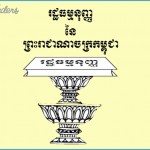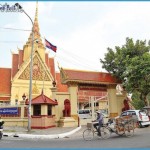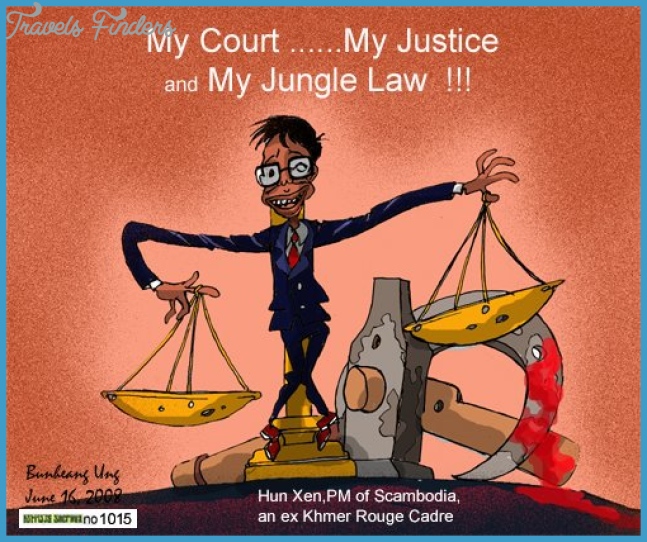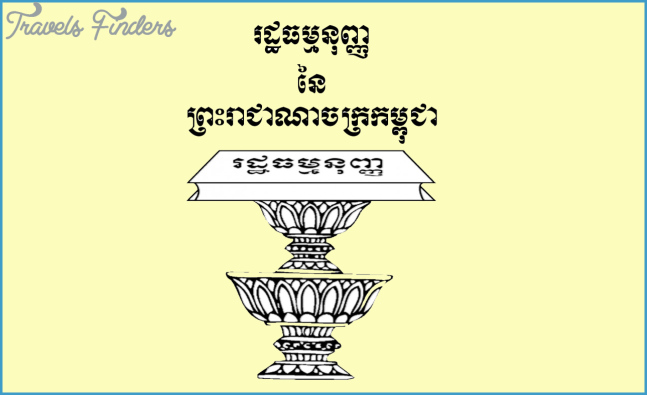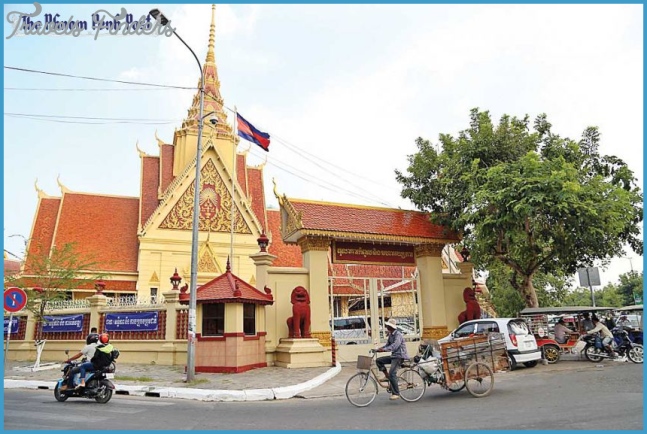Although disputes between people could be common and sometimes trivial, they are worth noticing.
Disputes between people are usually presented before the King for adjudication. Upon outcomes of the verdict, the guilty party is fined with payment in gold according to the severity of his or her conviction. If the guilty person refused to comply with the sentence or committed serious crime, he or she would be buried in a ditch covered with dirt and stones. No capital punishment is carried out.
Judicial Procedures of Cambodia Photo Gallery
For lesser crimes, the convicts would be punished by having their fingers, toes or noses cut off. There are no laws regarding adultery and gambling. If a man is caught sleeping with someone’s wife, he would be punished by having his foot squeezed between two wooden planks called kneab. As for his accomplices, if there were any, they would not be punished. Those who swindled others would also be charged of their crimes. If a dead body were found within the city’s premise, people would just tied up the corpse and dragged it away from the city to be left in a desolate field without having autopsy done. If a thief is caught, he would be imprisoned and interrogated about the crimes. However, there is one ridiculous thing about the matter. Namely, if a person is accused of being a thief and he or she denied the charge, the suspect would be made to dip his or her hand in boiling oil. If the suspect is guilty, his or her hand would be burned. However, if the suspect is not guilty, his or her hand would not be affected by
the ordeal. On the other hand, if two people were accusing each other of committing malice and no one could come up with convincing evidence that the other party is guilty, both persons would be ordered to sit in the small cells of an edifice. Each person involved in the dispute was made to sit inside a separate cell for several days or until someone shows the sign of illness which would be an indication of guilt. It is believed that if the person is innocent, the confinement in the small cell would not affect his or her health. This form of conflict resolution is called divine justice. There are 12 small stone edifices in front of the palace built specifically for such purpose.



